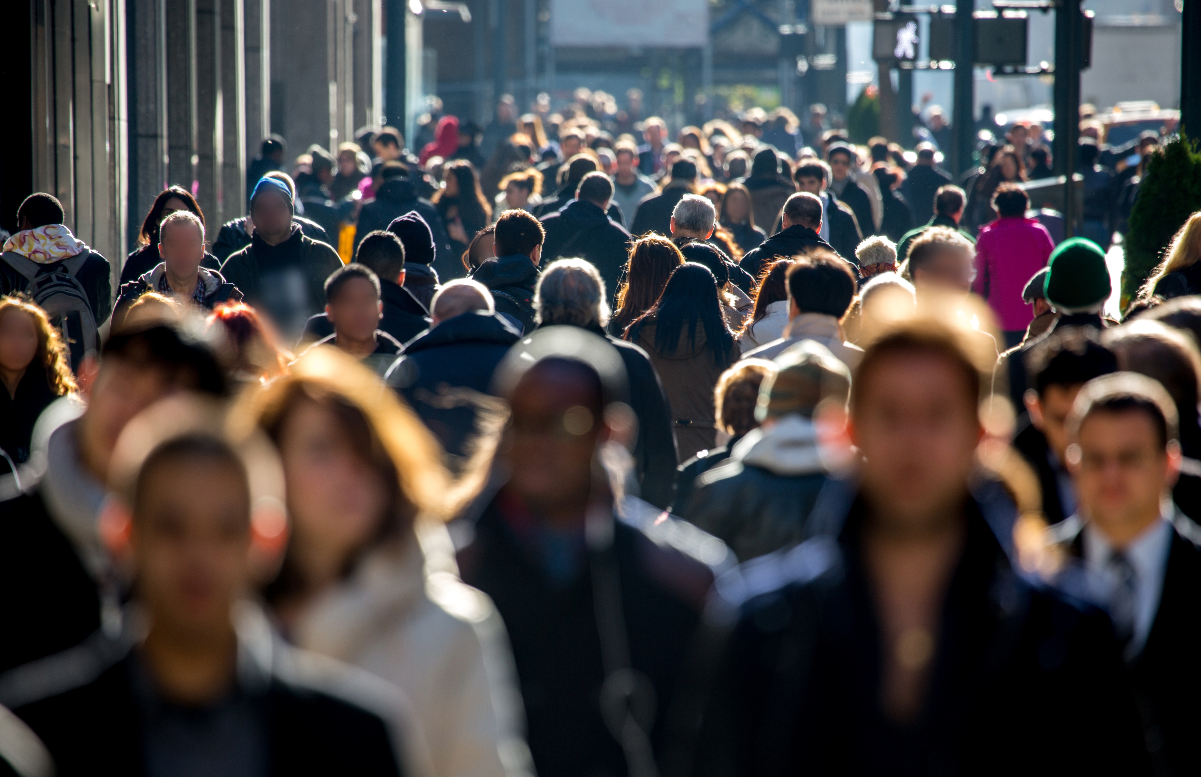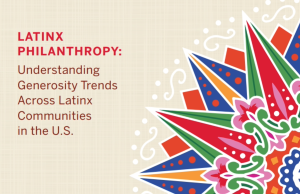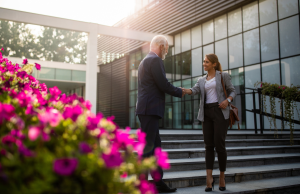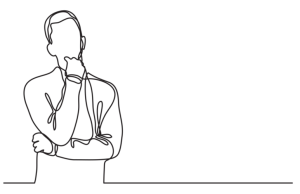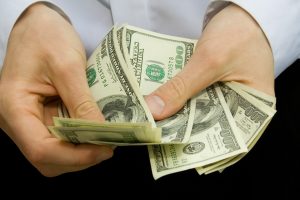Nearly three-quarters (73%) of voters support maintaining the Johnson Amendment ban on charities and churches endorsing or opposing political candidates as another election season approaches. The support is consistent across majorities of Democrats (76%), Republicans (66%), and Independents (76%).
However, roughly the same overall percentage of voters (78%) agree charities have a role to play when it comes to nonpartisan voter engagement and education. More than half are also more likely to donate to a charity that conducts nonpartisan activities to help people vote (54%), or to help people from disadvantaged groups vote (53%).
The findings by nonprofit advocacy coalition Independent Sector in Washington, D.C., underscore the public belief that charities should be above partisan politics but point to continuing confusion over charities’ permitted role in supporting a robust and healthy democracy. The confusion remains a perennial concern for charities wary of jeopardizing their right to tax-deductible donations conferred by 501(c)(3) status, which allows them to engage in cause-related advocacy but restricts them from more direct forms of political activity allowed for 501(c)(4)s.
“The law that governs what charities can or cannot say or do has many gray areas and can be difficult for charities to understand,” the authors wrote. A majority of respondents (71%) agreed and would support clarifying legislation to spell out exactly what is allowed when conducting nonpartisan civic engagement such as get-out-the-vote, voter registration, and voter education activities.
More than 6 in 10 voters are also more likely to donate to a group that advocates for an issue impacting their community (66%), helps them advocate on an issue they care about (65%), or advocates for an issue impacting disadvantaged groups (60%). Other findings from the study include the following:
- 90% of voters agree local charities have a role to play in educating policymakers and businesses about the needs of their communities
- 85% of voters support giving nonprofits an official “seat at the table” with the government to promote better collaboration in addressing community challenges
- Nearly 8 in 10 voters (78%) think it’s a good idea for senior centers, churches, soup kitchens and other charities to help members of the community vote by offering voter registration, language assistance, election date information, and related services. Only 8% think it’s a bad idea.
- More broadly, those more likely to donate to a group that advocates for an issue impacting them, their community, or disadvantaged groups within their community are also more likely to increase their volunteer commitments.
The National Council of Nonprofits in Washington, D.C., has long opposed efforts to chip away at the 1954 Johnson Amendment legislation in the belief that “the public’s overall trust in the sector would diminish and thus limit the effectiveness of the nonprofit community if individual 501(c)(3) organizations came to be regarded as Democratic charities or Republican charities instead of the nonpartisan problem solvers that they are,” according to a statement on the group’s website. These findings support that view but suggest continuing public support for charities’ unique role within a healthy and functioning democracy.
Researchers for Independent Sector found overwhelming support (87%) for permanently restoring the Universal Charitable Deduction as well, with 51% expressing strong support. Nearly as many (82%) voters would support expanding the charitable deduction to $4,500, a view that cuts across party lines and is shared by overwhelming majorities of Democrats (85%), Republicans (80%), and Independents (80%).
The study was conducted from online interviews with 1,000 self-identified voters nationwide during a five-day period in late August. Technical support was provided by analysts from TargetPoint Consulting, a national public opinion and market research firm in Alexandria, Virginia.

